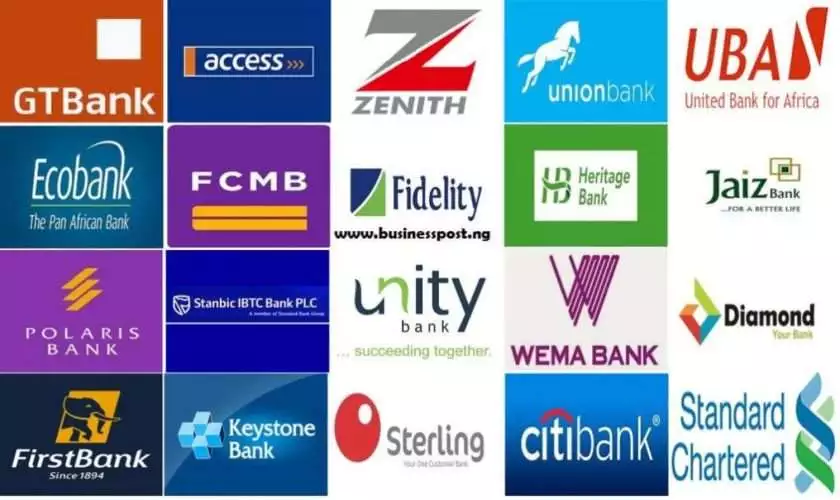By Tosin Olatokunbo
Commercial banks in the country are facing serious cash squeeze and have resorted to borrowing from the Central Bank of Nigeria, CBN for survival according to reports by CardinalStone Partners, an investment advisor firm based in Lagos.
The liquidity problem that has hit the Deposit Money Bank, DMBs vary but some banks have managed to stay afloat due to their strong income earnings portfolios, analyst say.
For instance, why banks such as Access Bank and Ecobank are said to be experiencing income yields from most areas, it is not so with other banks who have relied on the apex bank to meet their daily customers cash needs since the beginning of the year.
Speaking to the magazine on the issue, Abdul Imoyo, Head Corporate Communications, Access Bank Plc said the Herbert Wigwe led bank has no liquidity problems like other banks. According to him, the bank is expanding into other African markest to show that it has a solid cash level.
The development has led to a surge in inter-bank lending rates as those facing liquidity problems tried to take the advantage of the robust income level of their competitors by borrowing from them, even though the major borrowing were done through the CBN’s Standing Lending Facilities, SLF.
According to a report by financial sector analyst, CardinalStone Partners, the SLF has surged by over 70 per cent since the beginning of the year with no possibility of dipping as the banks are striving to meet customers cash demands and increase their assets in a troubled economic year.
Commercial borrowed N19.64 trillion from the CBN in 2019, indicating a 73 increase from the N11.36 trillion borrowed in 2018, with a half year average of N10 trillion. The figure has climbed tremendously since the last six months according to checks from various regulatory agencies, as DMbs struggle to generate revenue from personal loans, mortgages construction loans and investment securities.
CardinalStone said average monthly standing lending financing jumped by over 70 per cent between January 2021 to May 2021, while combined open market operations, OMO and primary market maturities crashed by 98 per cent.
Meanwhile, analysts expressed view that the liquidity squeeze facing banking sector will affect asset growth in financial year 2021, particularly in a season where the CBN has also increased Loan to Deposit Ratio, LDR to 65 percent, a situation that has limited the abilities of DMBs to earn higher returns from specific investment windows such as round tripping.
In July 2019, the CBN announced an increase in the LDR to 60 per cent, and later raised it to 65 per cent in 2020 with the intention of spurring growth in the real sector of the economy following the COVID 19 headwinds.
Access to credit by the private sector is crucial to the growth and development of the Nigerian economy, according to analysts who have been monitoring CBN’s LDR trajectory.
Also speaking on the issue, Emefiele said what the apex bank is doing is to ensure that the DMBs lend to the real sector from balance sheet in order to support the growth of critical sectors of the economy, such as Agriculture, Micro Small and Medium Enterprises, MSMES and the real estate sect
“Greater emphasis on improving consumer spending and business investment by MSMES is critical to sustainable double-digit growth of the Nigerian economy,” the apex bank Governor said.
Credit expansion has resulted in a significant growth to various sectors from N15.57 trillion to N19.33 trillion between May 2019 and August 2020, an increase of N3.77 trillion.
This growth in credit, according to checks was mainly to manufacturing (N866.27 billion), consumer credit (N527.65 billion), oil & gas (N477.65 billion), agriculture (N287.11 billion) and construction (N270.97 billion).





